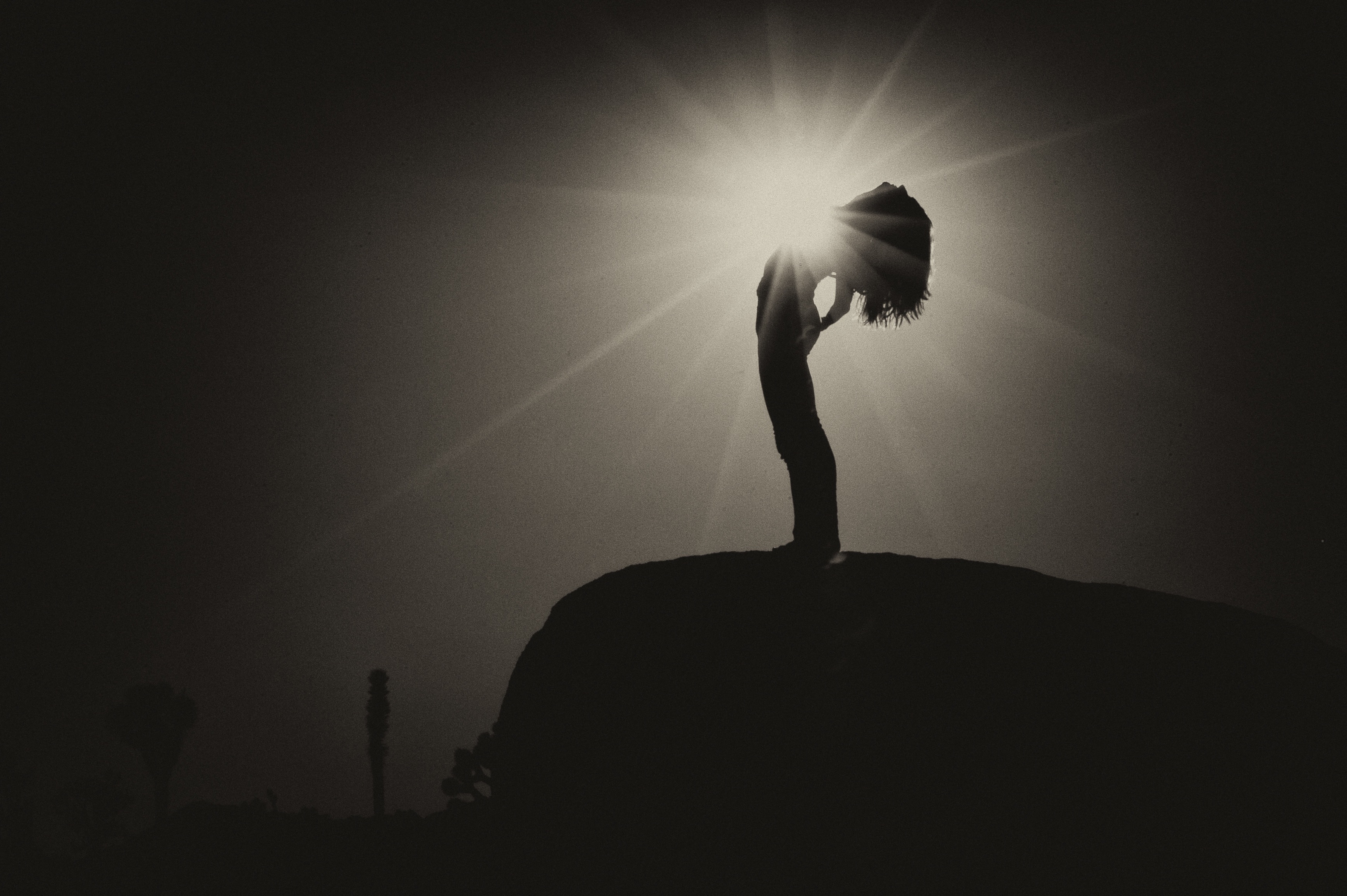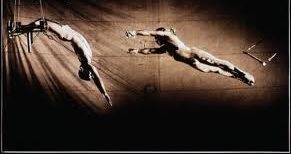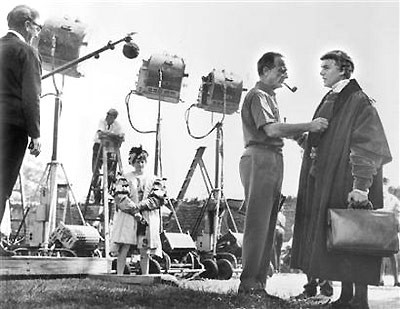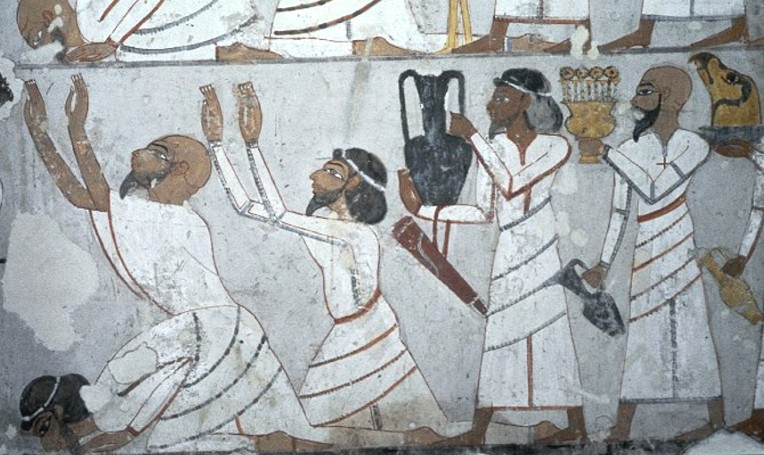My wife is Jewish and I was afraid all this talk about Jesus would upset her. But, like someone who talks too much about the very thing he wants to avoid, I asked, “Lord, did the Jews make a mistake in not being open to the new covenant announced by Jesus?”
Yes.
Oh, no, here it goes!
They became wedded to the covenant, the covenant with the people of Israel in their Messianic destiny.
That was, and remains, a valid covenant.
But it is not the only covenant. I make many covenants with human beings. They are all valid and have their own destiny, and work together toward a common destiny for mankind.
The new covenant of Jesus is not as incompatible with the covenant with Israel as Jews tend to suppose.
It is compatible, but does not supersede, does not erase or nullify, the old covenant. That is all you are prepared to understand at this point.
I wanted to nail this down. “Does Jesus replace the covenant?”
No, he fulfills it.
That answer was consistent with the New Testament. In Matthew 5:17, Jesus says, “Do not think I have come to abolish the law or the prophets. I have come not to abolish but to fulfill.”
Like an attorney driving a point home, I asked again, “Does Jesus fulfill the covenant in a way that replaces it?”
No, it remains fully valid.
But, back to my first question, “Should Jews, in Jesus’ day, have accepted him as Messiah?”
Yes.
Okay, Abigail would just have to live with that answer. “Lord, why didn’t they accept Jesus?”
Many different reasons. He was too radical, flouted their traditions, spoke a language they found uncomfortable, alien. It’s not easy to believe. It is easier to pray for a distant Messiah than to accept a present one.
I didn’t seem to be able to stop myself. “Lord, was it a sin for Jews to reject Jesus?”
No, no more or less than all those years you did not believe. It is a sin in a sense, but it is also much of the human condition not to believe. People are skeptical for good reasons, having to do with their intelligence, as well as bad.
Finally, I went over the top. “Did Jews kill Christ?”
That’s a silly question. Did Americans—or Southerners—kill Lincoln? Some Jews, some Gentiles were equally implicated. That is a non-issue.
Good. At least that issue was taken off the table.
God: An Autobiography, As Told to a Philosopher – is the true story of a philosopher’s conversations with God. Dr. Jerry L. Martin, a lifelong agnostic. Dr. Martin served as head of the National Endowment for the Humanities and the University of Colorado philosophy department, is the founding chairman of the Theology Without Walls group at AAR, and editor of Theology Without Walls: The Transreligious Imperative. Dr. Martin’s work has prepared him to become a serious reporter of God’s narrative, experiences, evolution, and autobiography. In addition to scholarly publications, Dr. Martin has testified before Congress on educational policy. He has appeared on “World News Tonight,” and other television news programs.
________
Listen to this on God: An Autobiography, The Podcast– the dramatic adaptation and continuing discussion of the book God: An Autobiography, As Told To A Philosopher by Jerry L. Martin.
He was a lifelong agnostic, but one day he had an occasion to pray. To his vast surprise, God answered- in words. Being a philosopher, he had a lot of questions, and God had a lot to tell him.








